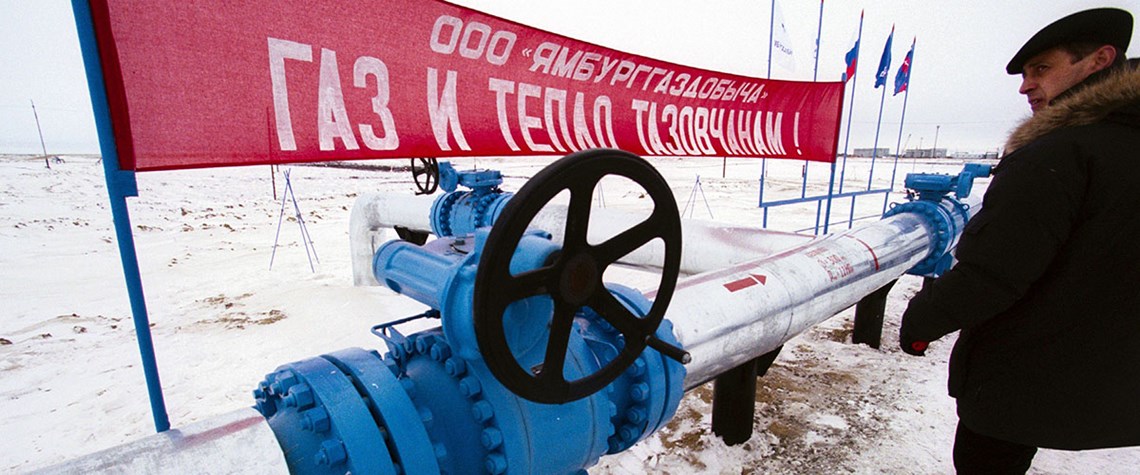What will Russia do?
The country's big producers have met most of the terms of the deal with Opec. But patience with the cuts is wearing thin
Russia's participation in the supply deal with Opec last year was essential to getting it across the line—without Moscow's agreement and, in the months after, Russian firms' unexpected adherence to the cuts, it didn't stand a chance. After eight months of cuts, oil prices are back beneath their level on the eve of the pact last November. Russia's producers, itching to get back to growth, may be getting cold feet about an agreement that is undermining their investment case, while plainly not yet yielding the boost from higher prices. The agreement, which was extended in May for another nine months, is curbing the operational performance of the Russian oil industry. Rosneft, which accounts for

Also in this section
18 February 2026
With Texas LNG approaching financial close, Alaska LNG advancing towards a phased buildout and Magnolia LNG positioned for future optionality, Glenfarne CEO Brendan Duval says the coming year will demonstrate how the company’s more focused, owner-operator approach is reshaping LNG infrastructure development in the North America
18 February 2026
The global gas industry is no longer on the backfoot, hesitantly justifying the value of its product, but has greater confidence in gas remaining a core part of the global energy mix for decades
18 February 2026
With marketable supply unlikely to grow significantly and limited scope for pipeline imports, Brazil is expected to continue relying on LNG to cover supply shortfalls, Ieda Gomes, senior adviser of Brazilian thinktank FGV Energia,
tells Petroleum Economist
17 February 2026
The 25th WPC Energy Congress, taking place in Riyadh, Saudi Arabia from 26–30 April 2026, will bring together leaders from the political, industrial, financial and technology sectors under the unifying theme “Pathways to an Energy Future for All”







